Showing 16-30 of 306 results
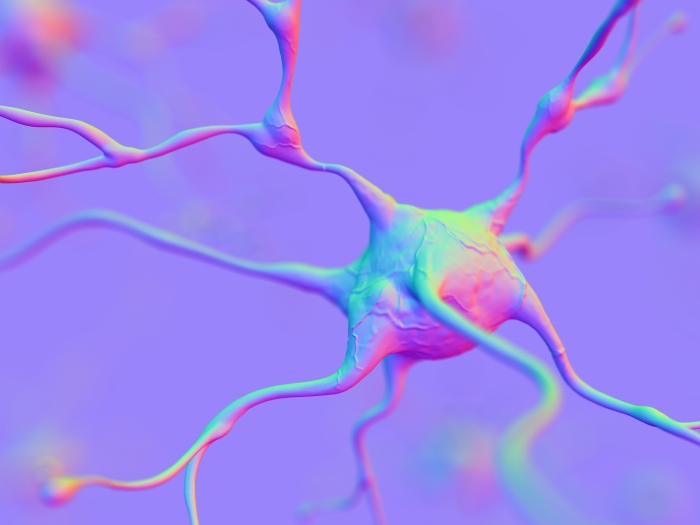
Health Lab
A new study links two autism-associated genes together for the first time, potentially revealing a mechanism behind brain changes seen in people with autism.

Health Lab
One diabetes program is moving to revolutionize investigations and treatment in the field
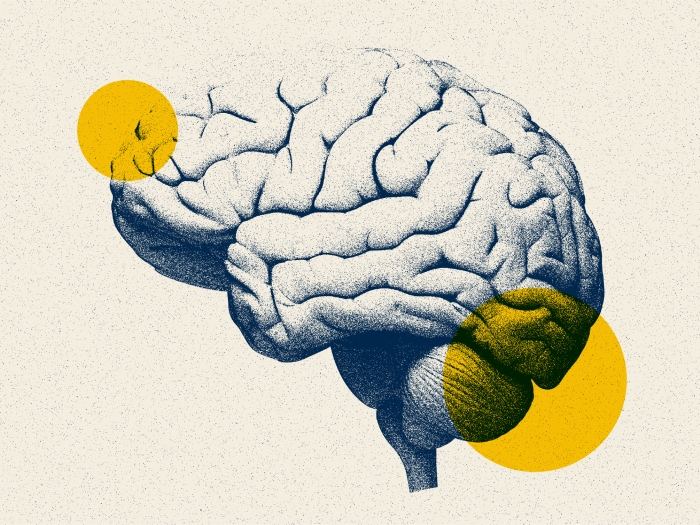
Health Lab
The death rate for patients with functional, nonepileptic seizures is higher than expected, with a rate comparable to epilepsy and severe mental illness, a Michigan Medicine-led study finds.
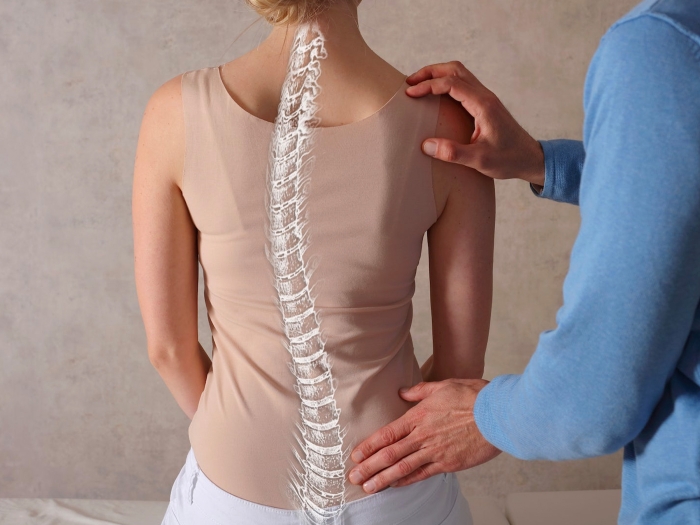
Health Lab
A Michigan Medicine expert calls for comprehensive scoliosis awareness and care.

Health Lab
Researchers at Michigan Medicine developed an AI-driven algorithm that accurately predicts death and complications after PCI — which could emerge as a tool for clinicians as they determine treatment for blocked heart arteries.

Minding Memory
In 2009, the Health Information Technology for Economic and Clinical Health Act, wow, that's a mouthful, more commonly known as the HITECH Act, spent billions to promote the uptake of electronic health records by US hospitals. Fast forward more than a decade later, and now approximately four out of five healthcare institutions have electronic health record systems in place that integrate clinical notes, test results, medications, diagnostic images, et cetera. The adoption of EHR systems into healthcare introduces new and exciting opportunities to extract information that can be used to augment other types of data for research. As you might imagine though, it can be tricky to pull out meaningful information from the text of clinical notes. In this episode, we'll speak with a University of Michigan researcher, Dr. Vinod Vydiswaran, who's been developing methods to identify dementia from EHR data.

Health Lab
Buying health care services directly online offers convenience but also risks if patients don’t tell their regular doctor or provider. Poll looks at older adults’ use and attitudes.
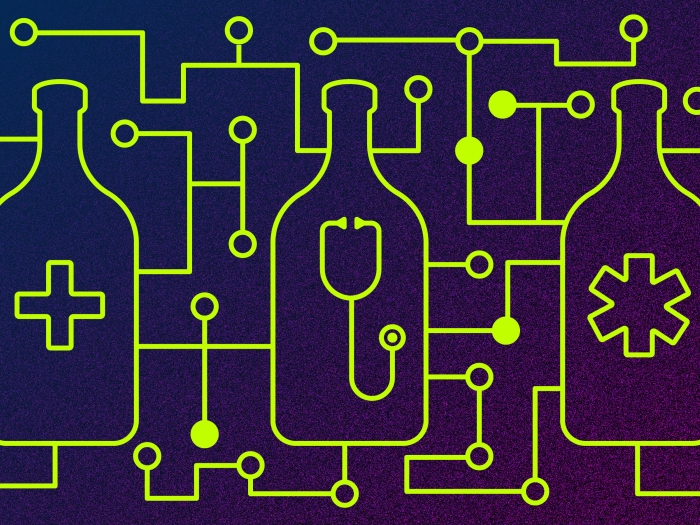
Health Lab
Surgery patients who drink at a risky level have higher risks of complications; surgical teams could use artificial intelligence to search their records for signs that they may need to cut back.
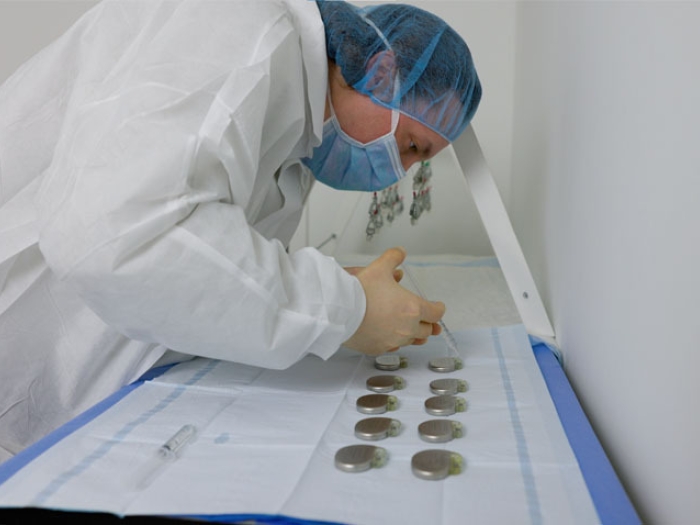
Health Lab
Researchers and clinicians at the U-M Health Frankel Cardiovascular Center began sending reconditioned pacemakers to low- and middle-income countries for compassionate use cases in 2010 through the “My Heart Your Heart” program.
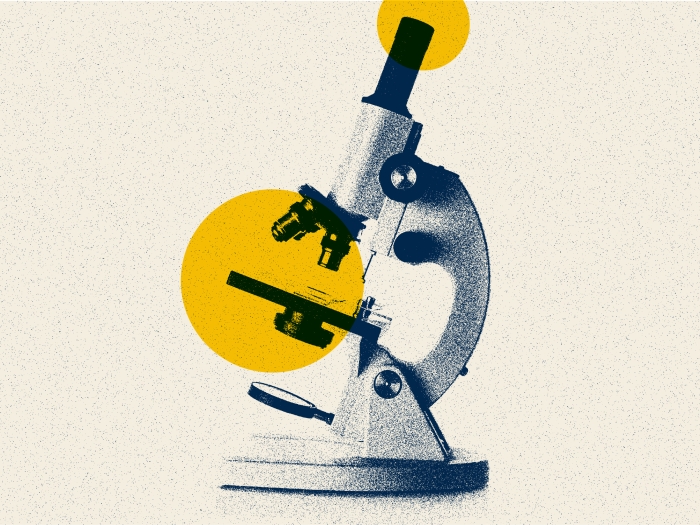
Health Lab
A recent study from U-M offers more insight into the underlying causes of EOE.
Department News
Cognitive Decline May Be Slowed by Bariatric Surgery.
Department News
Alcohol affects your sleep, but not your thinking.
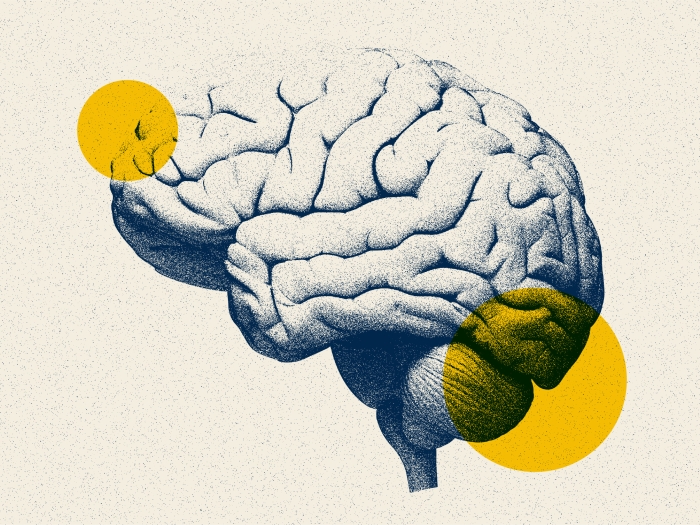
Health Lab
Investigators found that people with obesity who underwent bariatric surgery had stable cognition two years later. Researchers say it suggests that bariatric surgery may mitigate the natural history of cognitive decline expected in people with obesity.
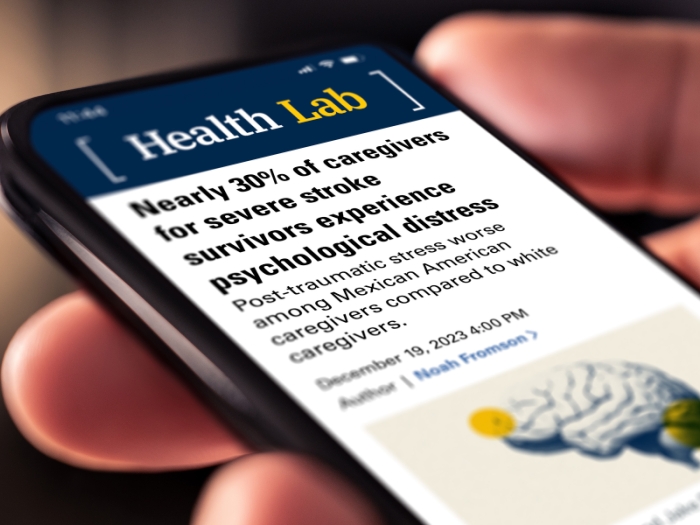
Health Lab
With over 400 stories published on Health Lab in 2023, the following 10 articles were the most read of the year.
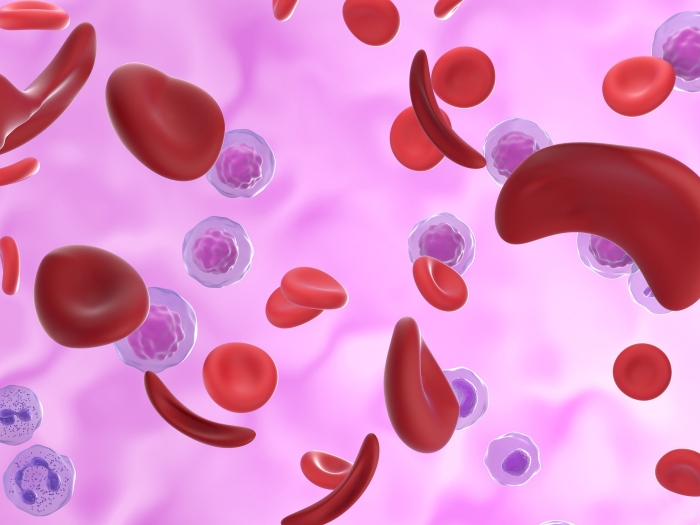
Health Lab
How two newly approved gene therapies, including novel technology CRISPR, may help kids and adults with inherited blood disorders